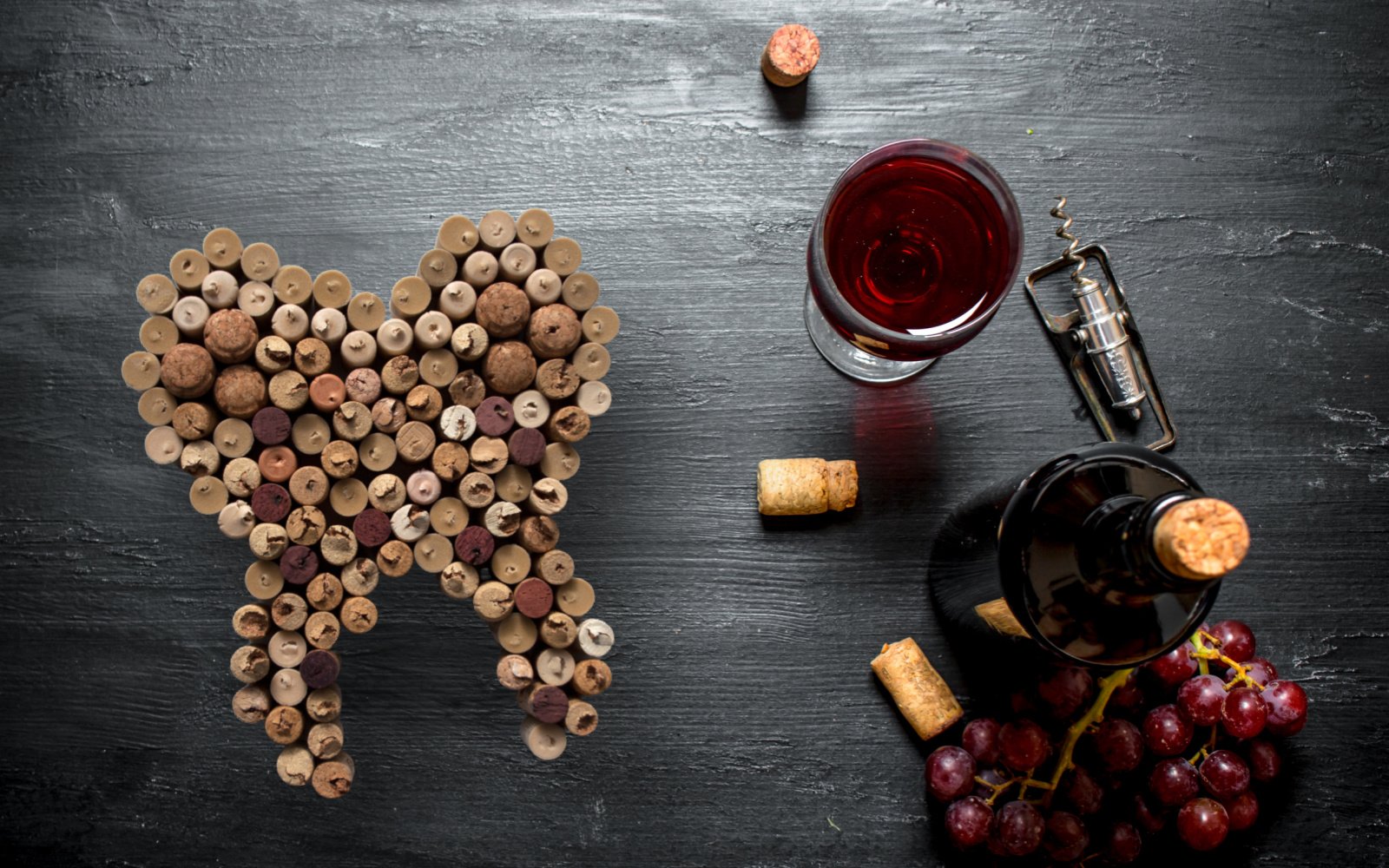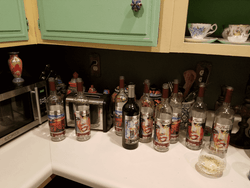As a wine lover, the effects of wine on your dental health is a topic that your dentist may bring up. Don’t worry though, wine doesn’t always have an adverse effect on your teeth. In most cases, damage is only likely to occur if you don’t follow the advice given by your dentist. To get you started, here are some easy but effective tips on how to drink wine without damaging your teeth.
The Effects of Wine on Your Teeth
There are two primary components of red and white wine responsible for damaging teeth. These are their pigments and high acidity levels. Red wine gets its color from grapes due to chemical components known as anthocyanins. Similarly, red wine contains tannins intended to contribute to its unique and delicious taste. Unfortunately, tannins bind pigments found in red wine on your teeth, resulting in discoloration.
Subsequently, both red and white wines have high acidity levels. This is known to negatively impact the functioning of the outer layer of your teeth, also known as the enamel. Apart from the acids’ damaging attributes, it also contributes to the discoloration of the enamel. Consequently, destroyed enamel does not effectively serve its purpose, thus exposing the inner regions of your teeth to tooth decay and harmful bacteria.
That being said, it is crucial to adopt the following pointers to ensure that your glass of refreshing wine does not have an adverse impact on your teeth.
How to Protect Your Teeth from the Effects of Wine
Brush Your Teeth before Drinking Wine
It’s advisable to brush your teeth and thoroughly rinse your mouth to remove plaque and other foreign materials. This is recommended because they can expose your teeth more easily to the harmful effects of wine.
Brush Your Teeth Again at Least One Hour After Your Glass of Wine
It’s best not to brush your teeth immediately after your glass of wine. Right after drinking your vino, your enamel is still susceptible to erosion by the brush bristles due to weakening by the acid in wine. Therefore, wait for at least one hour, brush your teeth and rinse with clean water. Another popular option is wine wipes. These are specialty wipes containing hydrogen peroxide that allow you to conveniently wipe your teeth right after drinking vino.
Alternate Your Wine Sips with Water Sips
You can also try remembering to alternate your wine sips with sips of clean water. It helps to wash away the wine pigments and dilute its acids as you enjoy your drink. Sparkling clean water is preferable to water with impurities because clean water does not have bubbles, thus more effective.
Take Hard Cheese Bites
Cheese and other food types with low acid content and high fiber activate saliva production in your mouth, thus helping to restore PH levels. As a result, you can bite bits of cheese and other carbohydrate foods due to their antacid action. This is one of my favorite methods to help combat wine-stained teeth (it’s yummy and effective!).
Chew Gum
Chewing gum also initiates salivary amylase production, which acts against acidic compounds in the mouth and gut. For these reasons, chewing gums can help you diminish the adverse effects of wine on your teeth. If this sounds like more your style, I suggest opting for sugar-free chewing gum. That way, you limit introducing other harmful factors into your mouth.
See, no need to quit drinking your favorite glass of wine! Instead, you can adopt several of the tips mentioned above to ensure that your teeth are safe and healthy. However, it is critical to stick to a routine like brushing after meals and before going to bed to help you comprehensively take care of your teeth.





